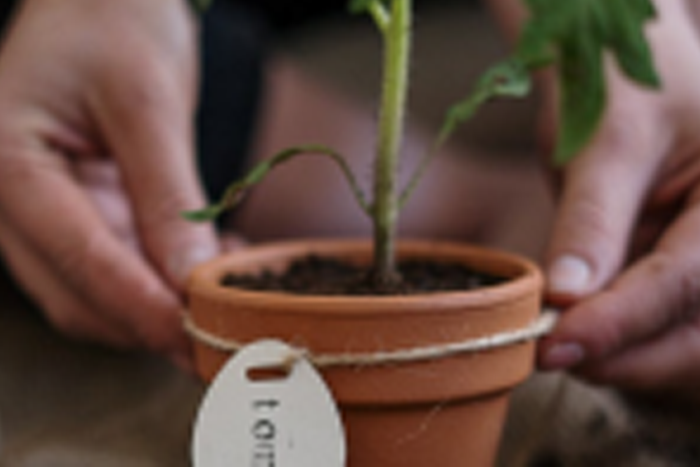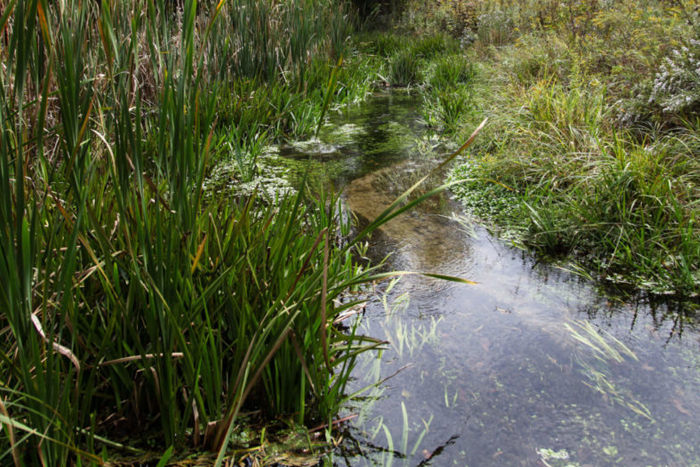
Water
“Water is the lifeblood of the land and of the Indigenous peoples and cultures that rely upon it.”
~ Ardith (Walpetko We’dalx) Walkem
Our water programs are centered on the goal of improving the health of waters and watersheds, and empowering communities to address challenges and lead the way for healthy waters. We assist Indigenous communities in addressing water- and watershed-related issues, as they are defined by the community.

Biodiversity
“Virtually all native cultures that have survived without fouling their nests have acknowledged that nature knows best, and have had the humility to ask the bears and wolves and ravens and redwoods for guidance.”
~ Janine M. Benyus
Through biodiversity conservation, Indigenous communities can assess threats to the biodiversity of their lands and waters, identify and develop strategies to address these threats, and undertake conservation measures within their communities.
CIER has extensive experience working with Indigenous communities on biodiversity initiatives and developing culturally appropriate strategies, tools, and approaches for the protection and restoration of wildlife populations and habitats. We advocate for the incorporation of Indigenous Knowledge in conservation efforts and support Indigenous-led biodiversity conservation projects.
Renewable Energy
& Climate Change
“Climate change is affecting our transmission of knowledge or transgenerational teachings with fewer and fewer opportunities to walk the shores, woods, wetlands, caves, mountains where we can see or hear fowl, animal, or fish life, with insects and plant life and thus begin our talks and stories with those around us to pass on our language, knowledge and world view as an eco-centric people.”
~ Katherine Sorbey, Mi’kmaq
Increased energy and climate change literacy is critical for Indigenous communities to reduce long-term reliance on non-renewable energy sources (such as diesel) and make the best possible individual and household level energy choices. We strive to increase foundation knowledge of energy use and climate change and incorporate Indigenous language translations of key terminology.
We support Indigenous communities in planning for climate change mitigation and adaptation. We promote mindful energy consumption, facilitate climate monitoring efforts, and provide tools for increasing community involvement.

Food Sovereignty
“First Nations traditional food represents much more than nutrition, it plays important cultural, spiritual and ceremonial roles. There is an urgent need to address systemic problems and barriers relating to First Nations food systems, security and sovereignty in a way that honours First Nations knowledge, leadership and rights.”
~ Tonio Sadik
CIER supports Indigenous people in asserting their rights to healthy and culturally appropriate food by providing equipment, and building capacity in food sovereignty in Northern Manitoba. Together with Boke Consulting, we’re working with community coordinators who are helping community members create and maintain their own gardens.
More plans are in place to expand services. Some communities have requested a modified shipping container to be used as a dressing station with sinks and tables for dressing out wild game. The easy to-access and easy-to-clean space will encourage hunting for traditional meat and can be a place to learn and pass down Traditional Knowledge. Ultimately, CIER will support the community in meeting their own food sovereignty goals.
CIER is also taking part in Indigenous Food Sovereignty Research, headed by the University of Toronto.

Sustainable Waste
Development
A society is defined not only by what it creates, but by what it refuses to destroy
~ John Sawhill, The Greatest Guide to Green Living
Sustainable waste management is an ongoing concern for many Indigenous communities. Improper waste management is the cause of water and soil contamination, poor air quality, and other health, safety, and environmental concerns. CIER supports Indigenous communities to build capacity to implement effective waste management plans, develop collaborative partnerships on regional waste issues, and develop educational tools.
CIER provides coordination, training, capacity, and strategic governance support in the following areas:
Technical Support: organizing waste and recycling services, MTSA development, compiling technical waste information, developing resource materials, conducting outreach and engagement and researching innovative waste solutions. Additionally, pilot projects are developed to implement new waste management initiatives that include a solid waste management website.
Capacity and Leadership Building: developing training programs and curricula, organizing and conducting training, developing education tools, materials, and guidebooks.
Governance and Collaboration: building regional collaborative governance, improving relationships and joint decision-making processes between Indigenous communities and adjacent municipalities, assisting with the operation of regional and national teams, providing support to organizations/companies in partnering with Indigenous communities.

Indigenous
Knowledge
“Land use and occupancy mapping is about telling the story of a person’s life on the land.”
~Terry Tobias
Indigenous knowledge (IK) has an important role in supporting environmental and natural resource management policies and practices. In the face of ongoing development activities and new innovative ways to govern and manage our resources across the country, there is an increased urgency and desire by both government agencies and communities to use IK in planning and monitoring. IK studies are a key way for Indigenous communities to proactively develop land use policies and practices that protect lands and waters, as well as their traditional treaty rights and interests.
